Here, we are mainly talking about associative clubs, by that, we mean the municipal tennis clubs which embark on the adventure of padel with the hope for a certain number of them to stop the fall of licensees.
A sometimes winning option for clubs which allow the passage to increase their sporting offer and the visibility of the padel on the territory.
The elected official in charge of padel for the FFT, Hubert Picquier, moreover congratulated himself on “this mesh of padel throughout France".
Contrary to what one might think, certainly the municipal clubs are most often helped by subsidies coming from the region, the town hall and the French Tennis Federation or other associative bodies or public establishments, but many also invest with their own money. And so we see in many municipal clubs, a lot of work to develop the activity. So don't forget it.
We will also come back to this point, but we will see that there are far more synergies between private and municipal clubs than we think.
Le padel allows clubs to keep licensees and even earn them. And this is already a great victory for the clubs and the politics of the FFT.
Because if we only see “the 10.000 dismissed padel”, We do not see all the tennis licensees who do not necessarily participate in padel and therefore who are not represented in the French national ranking but who have kept their tennis license (Remember that this is a single license) because this allowed them to have access to the tennis courts. padel in their club.
And finally remember that the padel is a “leisure” sport. The majority of players do not compete in padel approved. But maybe with the implementation of the P25s, we could see a noticeable increase in the number of licensees. To be continued on this last point.
Franck Binisti discovers the padel at the Club des Pyramides in 2009 in the Paris region. Since padel is part of his life. You often see him touring France going to cover the major events of padel French.




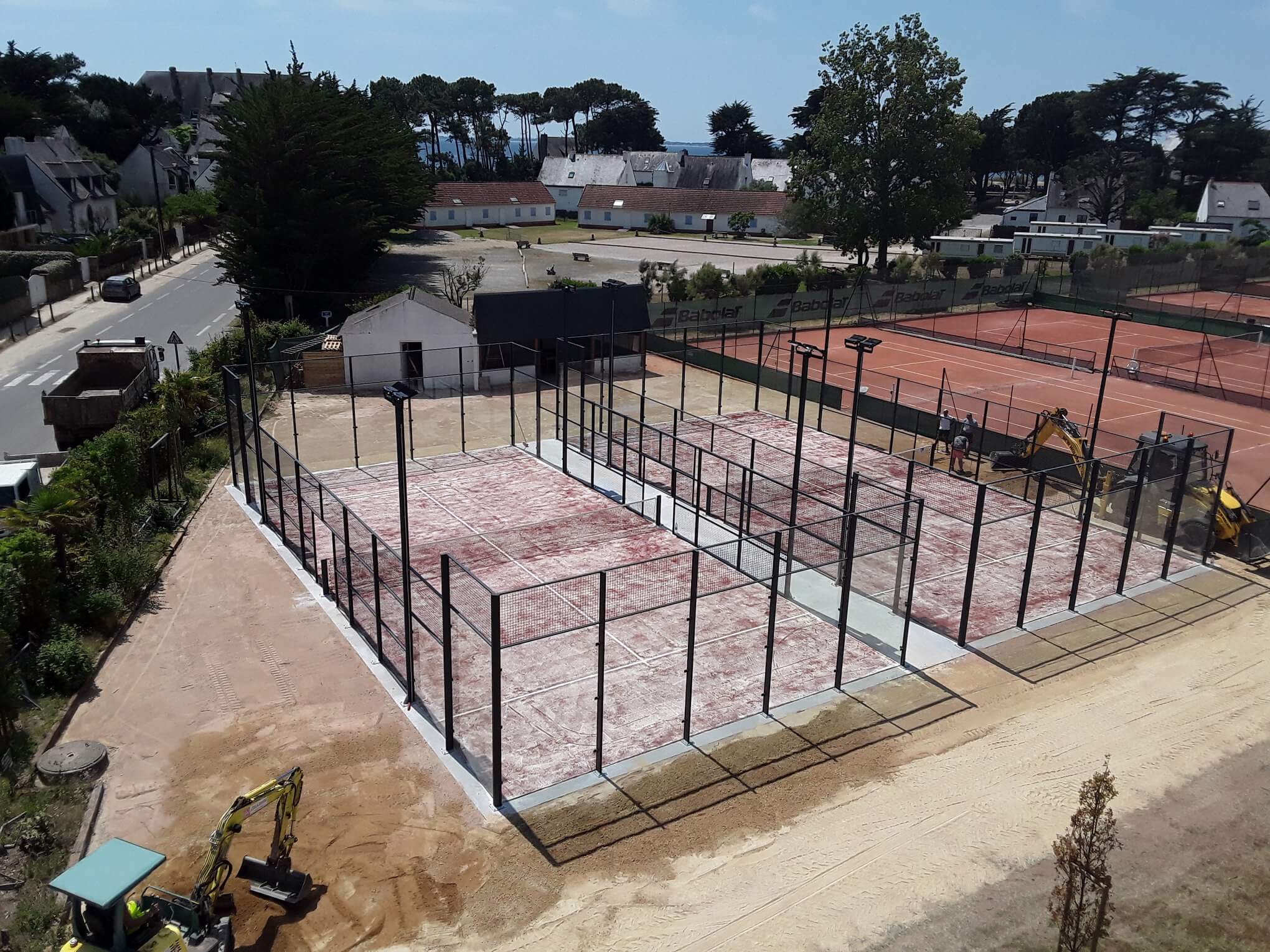


















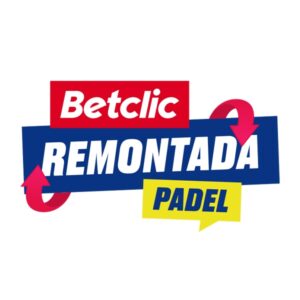






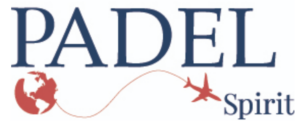
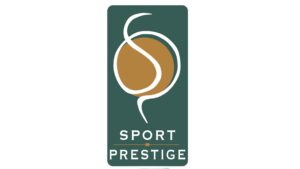
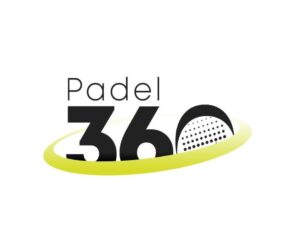
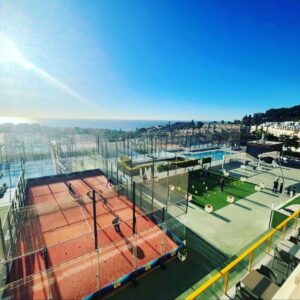




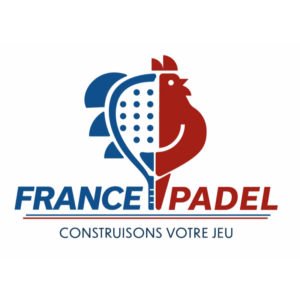




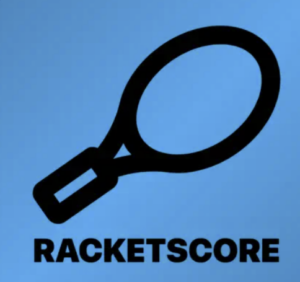
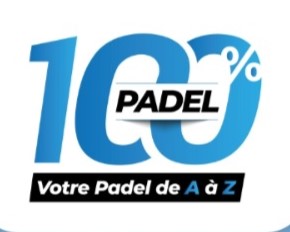









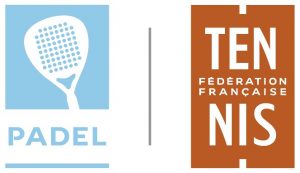



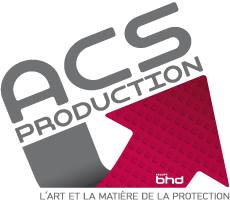









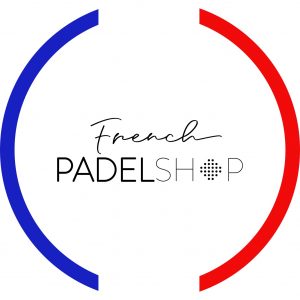
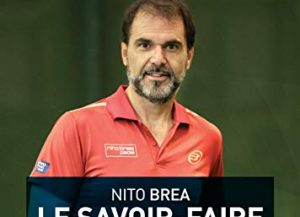



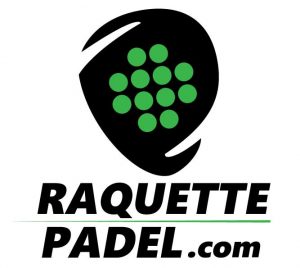







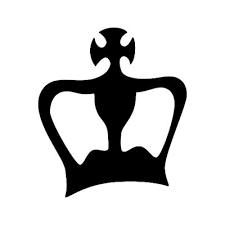


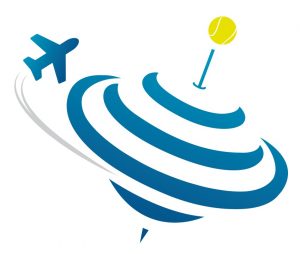
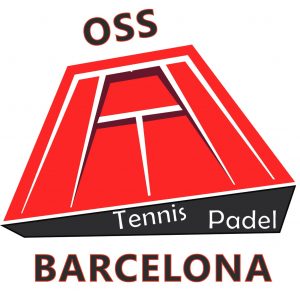
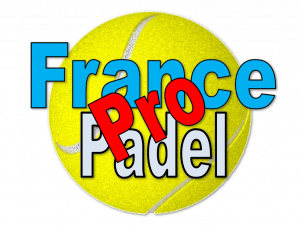

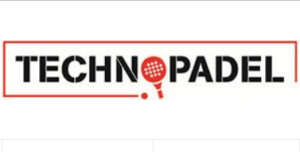
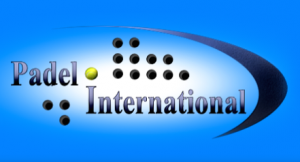

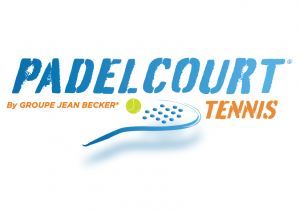


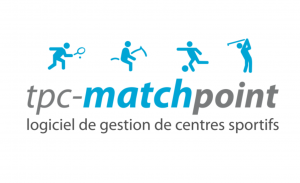

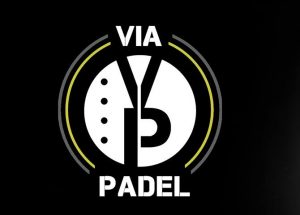




 P1000 PadelShot Saint-Étienne – Watch the Hugounenq/Vincent – Seux/Courrin semi-final live
P1000 PadelShot Saint-Étienne – Watch the Hugounenq/Vincent – Seux/Courrin semi-final live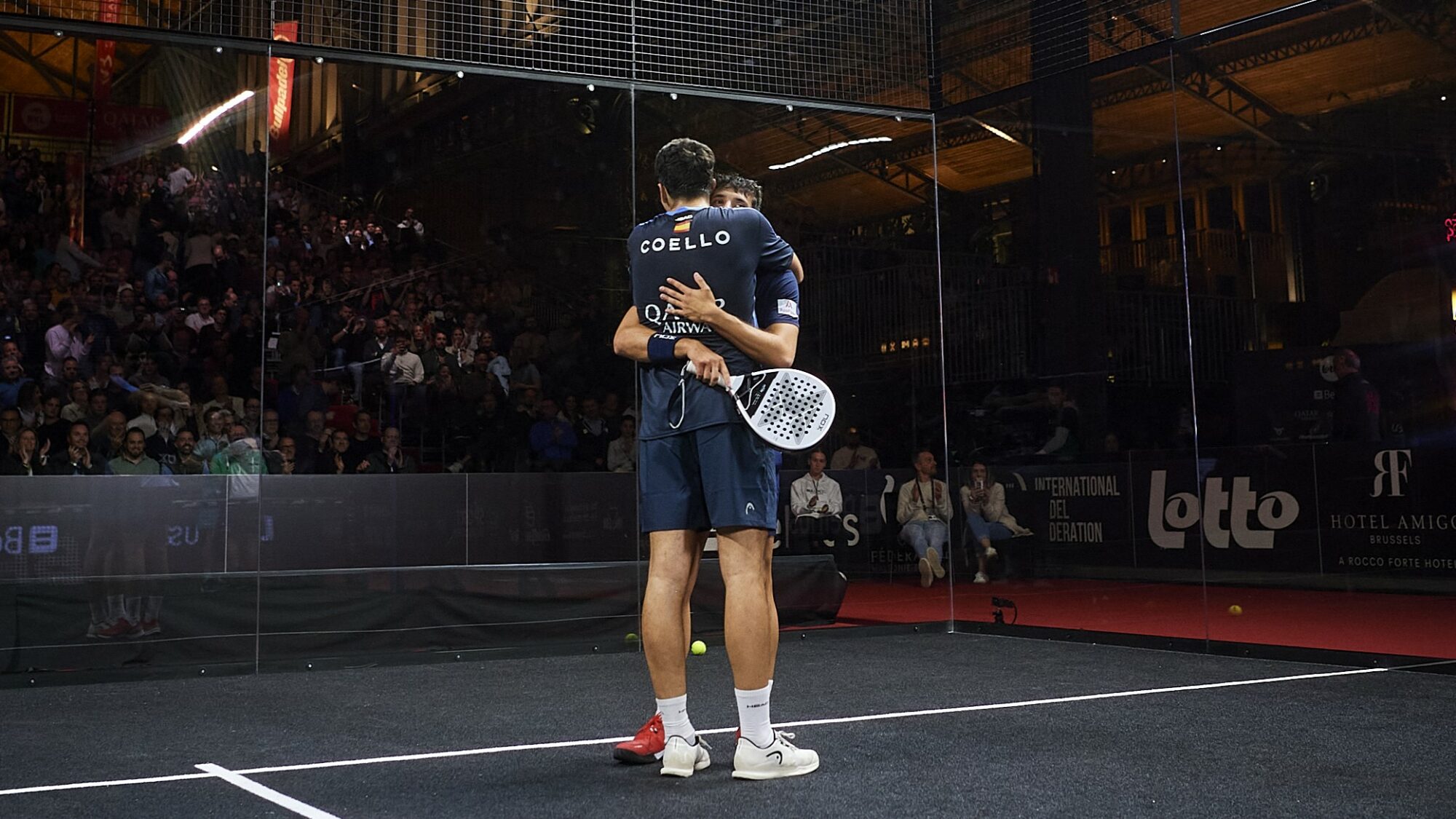 Premier Padel Brussels P2 – Arturo Coello and Agustín Tapia… obviously
Premier Padel Brussels P2 – Arturo Coello and Agustín Tapia… obviously Premier Padel Brussels P2 – Brea/Gonzalez wins the arm wrestling against Salazar/Icardo
Premier Padel Brussels P2 – Brea/Gonzalez wins the arm wrestling against Salazar/Icardo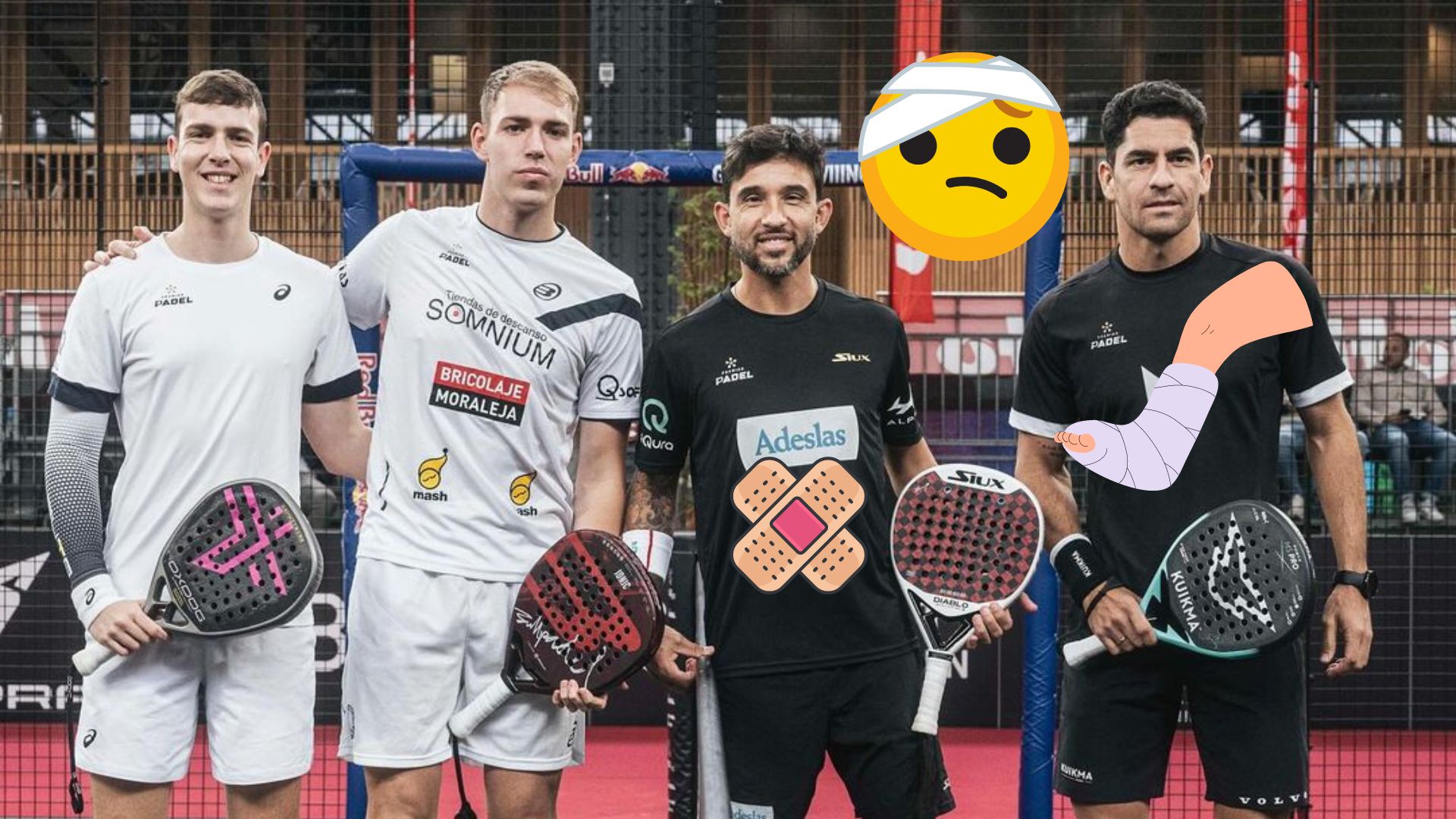 Unusual – Sanyo Gutierrez and Maxi Sanchez suffered in Brussels
Unusual – Sanyo Gutierrez and Maxi Sanchez suffered in Brussels Guillaume Codron de Sud Padel : “A family project”
Guillaume Codron de Sud Padel : “A family project”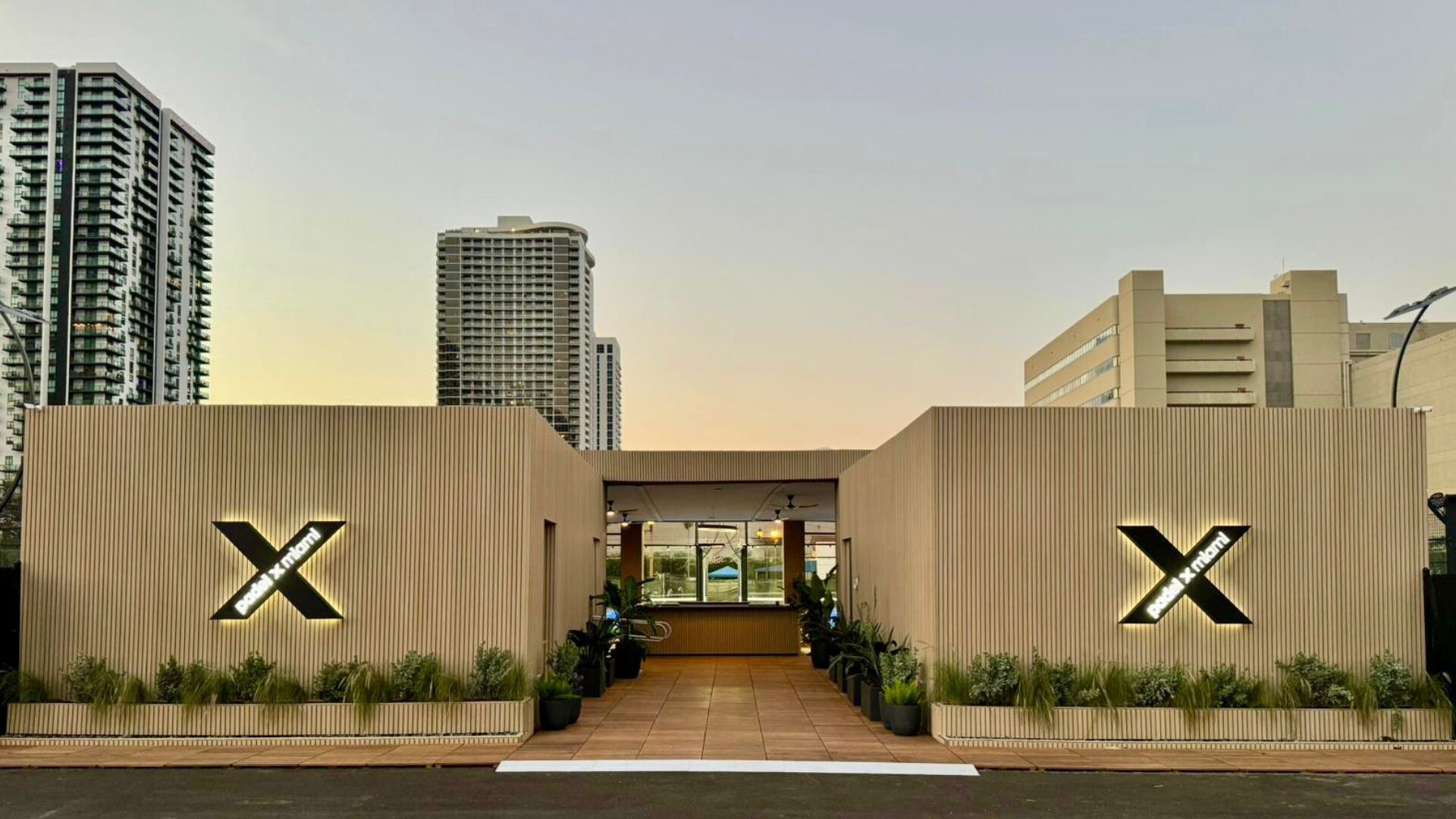 Nallé Grinda: “Democratize the padel in the USA with PadelX "
Nallé Grinda: “Democratize the padel in the USA with PadelX "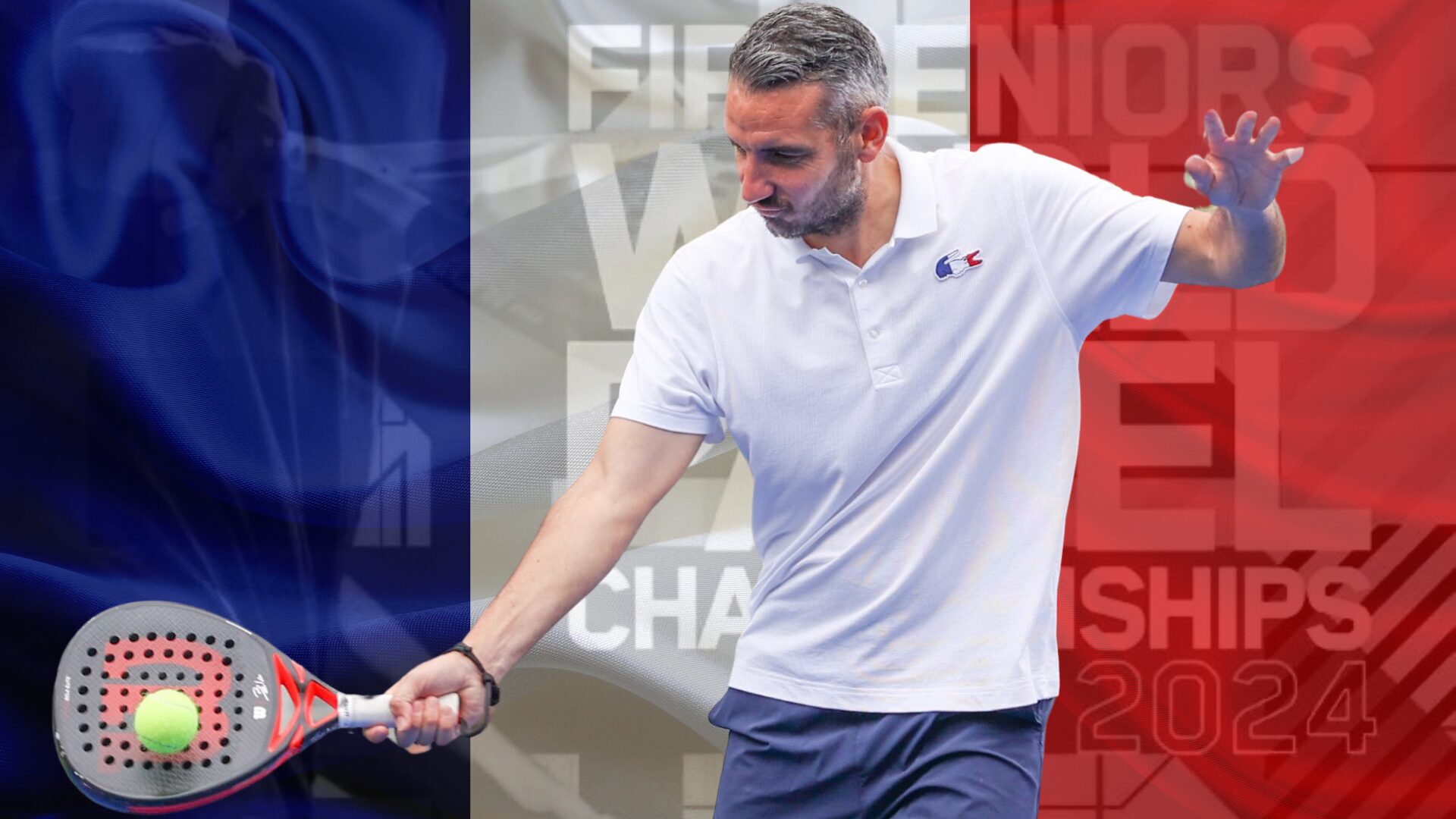 Simon Boissé: “We know that there are two nations in front of us”
Simon Boissé: “We know that there are two nations in front of us”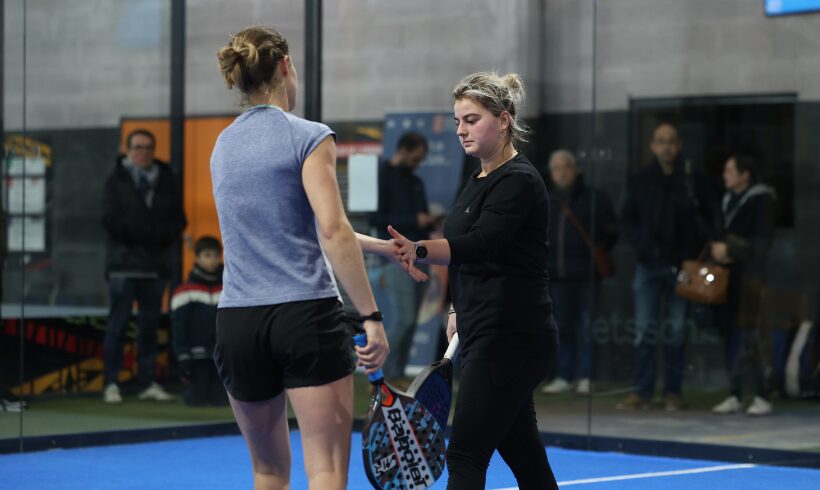 Marie Maligo: “This period of frequent changes of partners was beneficial for me”
Marie Maligo: “This period of frequent changes of partners was beneficial for me”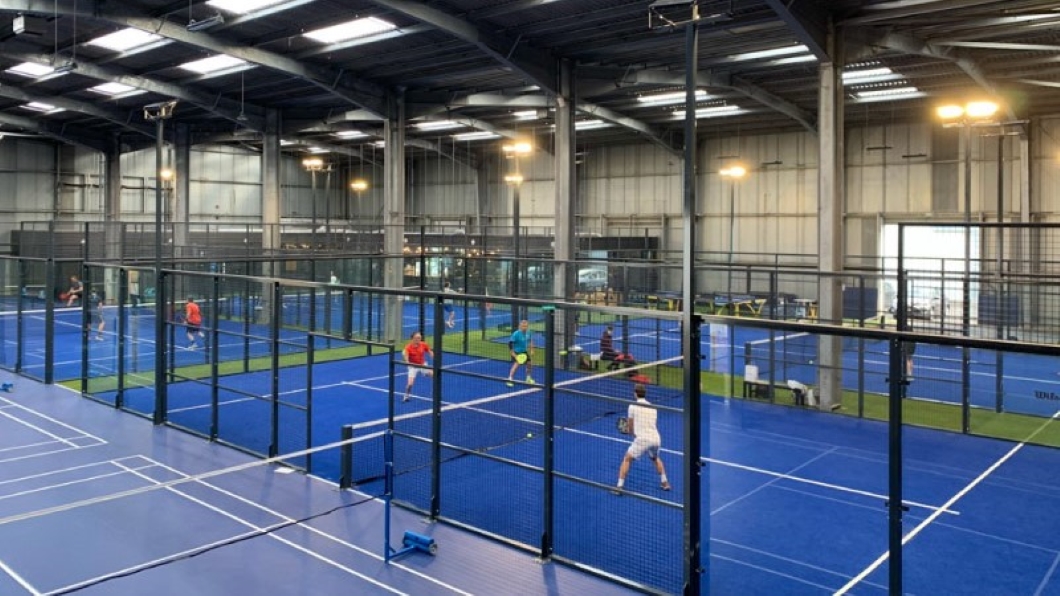 P1000 PadelShot Saint-Étienne – Follow the surprise poster Vincent/Hugounenq – Couturier/Benmergui live
P1000 PadelShot Saint-Étienne – Follow the surprise poster Vincent/Hugounenq – Couturier/Benmergui live The All Star Tour returns on May 16 at the All In in Lyon
The All Star Tour returns on May 16 at the All In in Lyon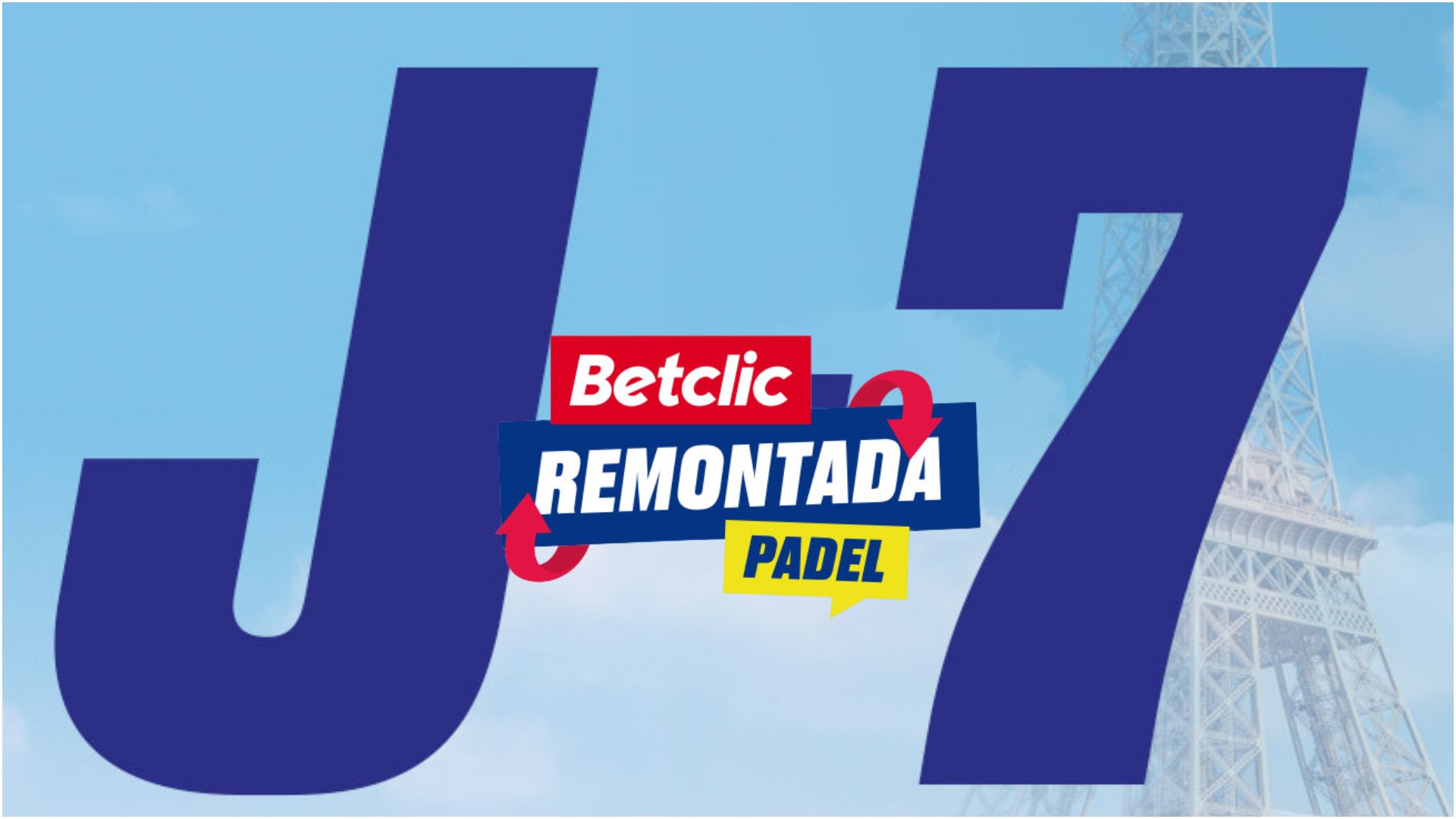 D-7 of the “BetClic Remontada Padel”, at the foot of the Eiffel Tower
D-7 of the “BetClic Remontada Padel”, at the foot of the Eiffel Tower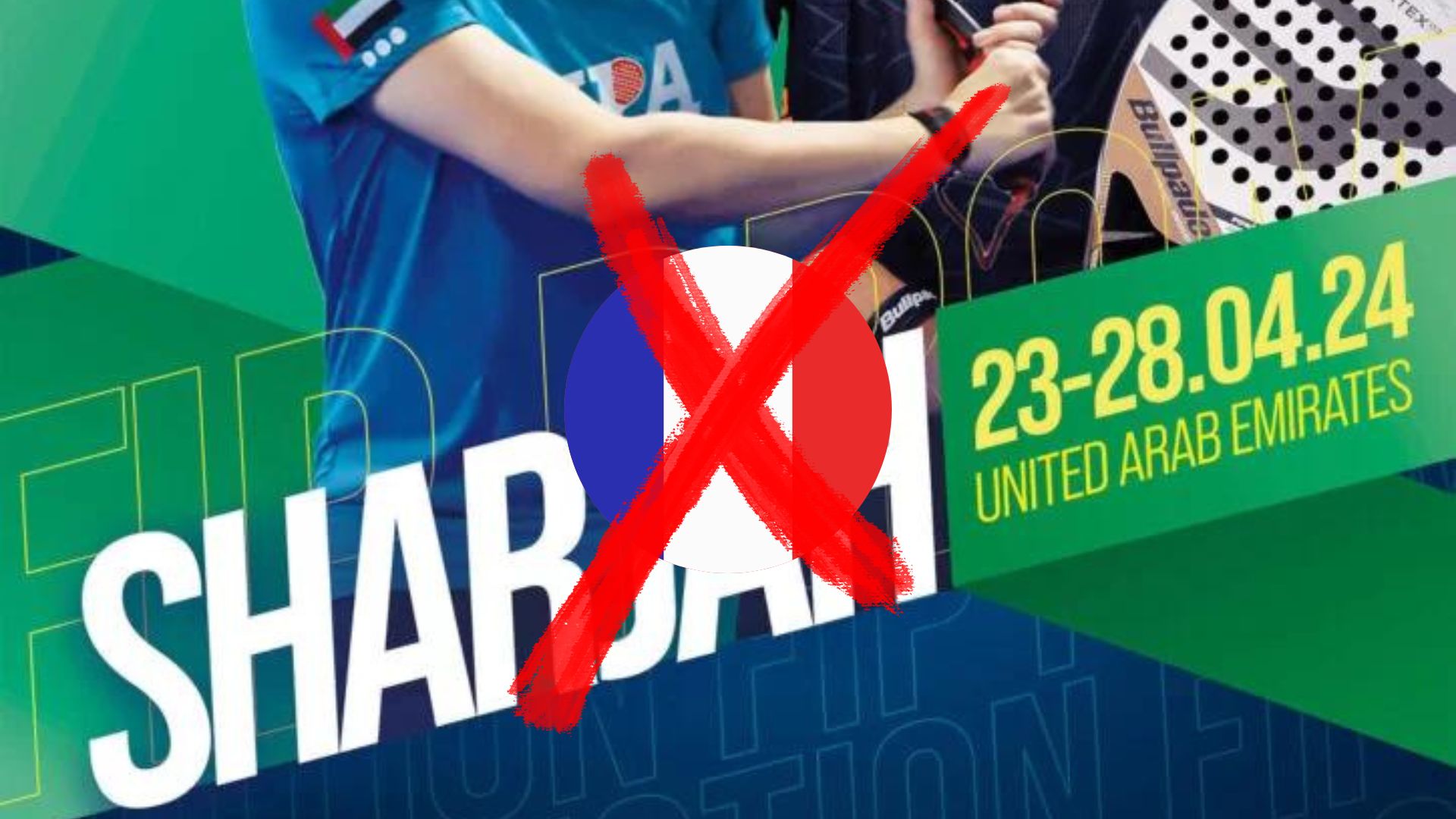 FIP Promotion Sharjah – More French people in the United Arab Emirates
FIP Promotion Sharjah – More French people in the United Arab Emirates Premier Padel Brussels P2 – Juan Lebron and Ale Galan together in Belgium?
Premier Padel Brussels P2 – Juan Lebron and Ale Galan together in Belgium?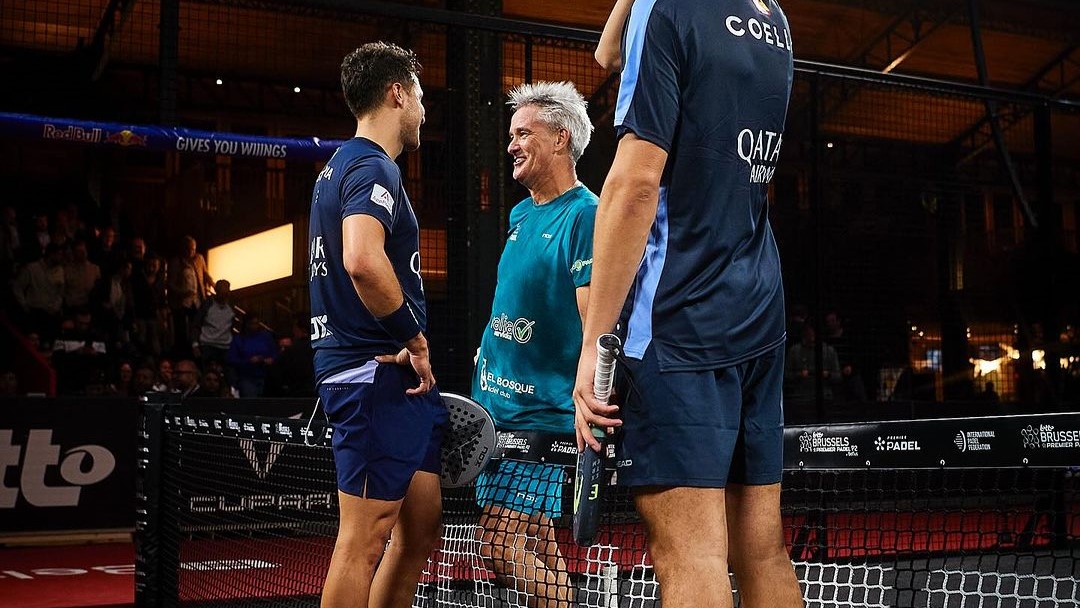 Agustin Tapia salutes the longevity of Miguel Lamperti
Agustin Tapia salutes the longevity of Miguel Lamperti José Manuel Escin at the inauguration of Casa Padel DOS: “Finally, and thank you!”
José Manuel Escin at the inauguration of Casa Padel DOS: “Finally, and thank you!”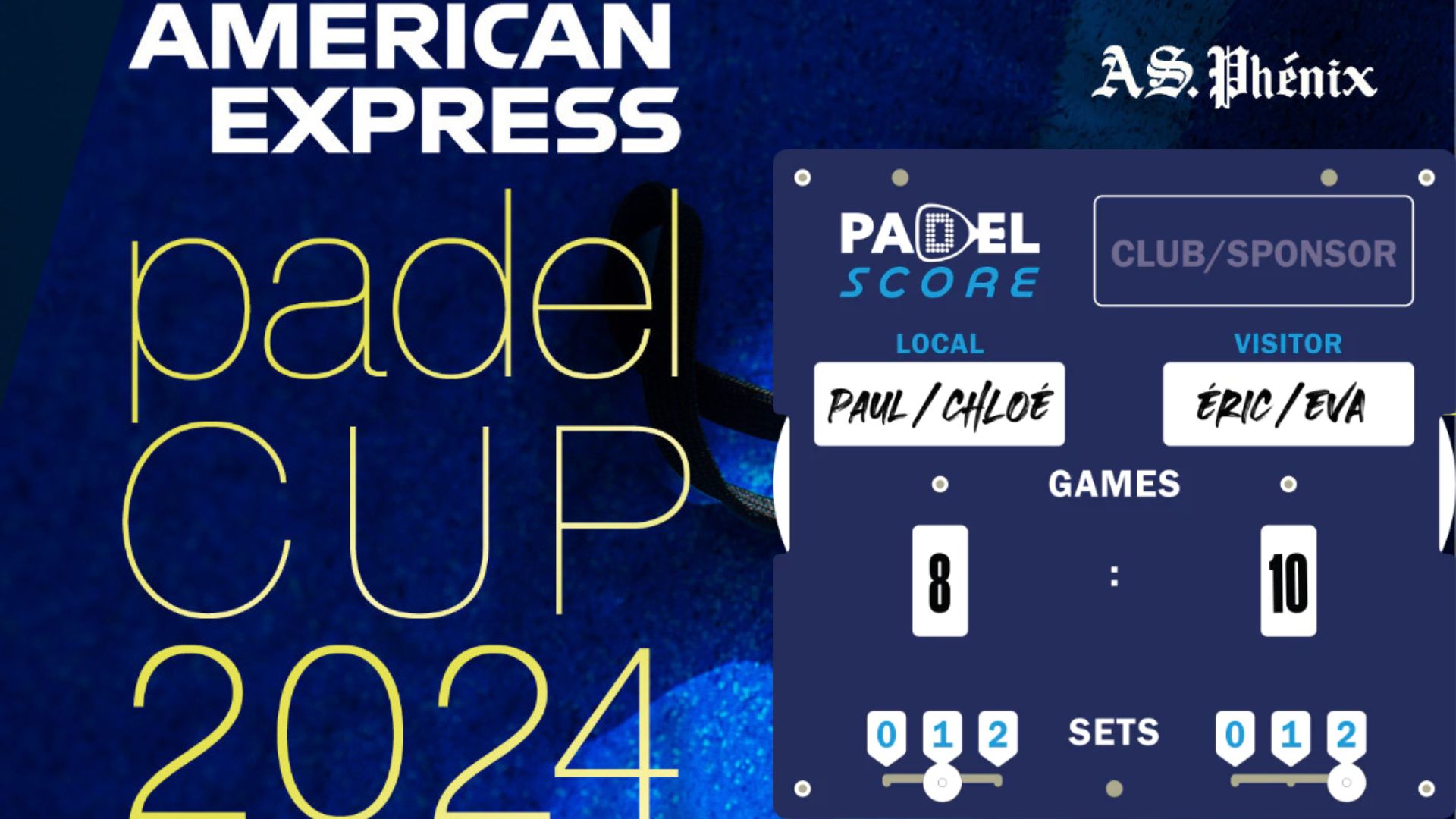 Padel Score comes to Tahiti for American Express Padel Cup!
Padel Score comes to Tahiti for American Express Padel Cup! Do you know the Rafa Nadal Academy Tour?
Do you know the Rafa Nadal Academy Tour?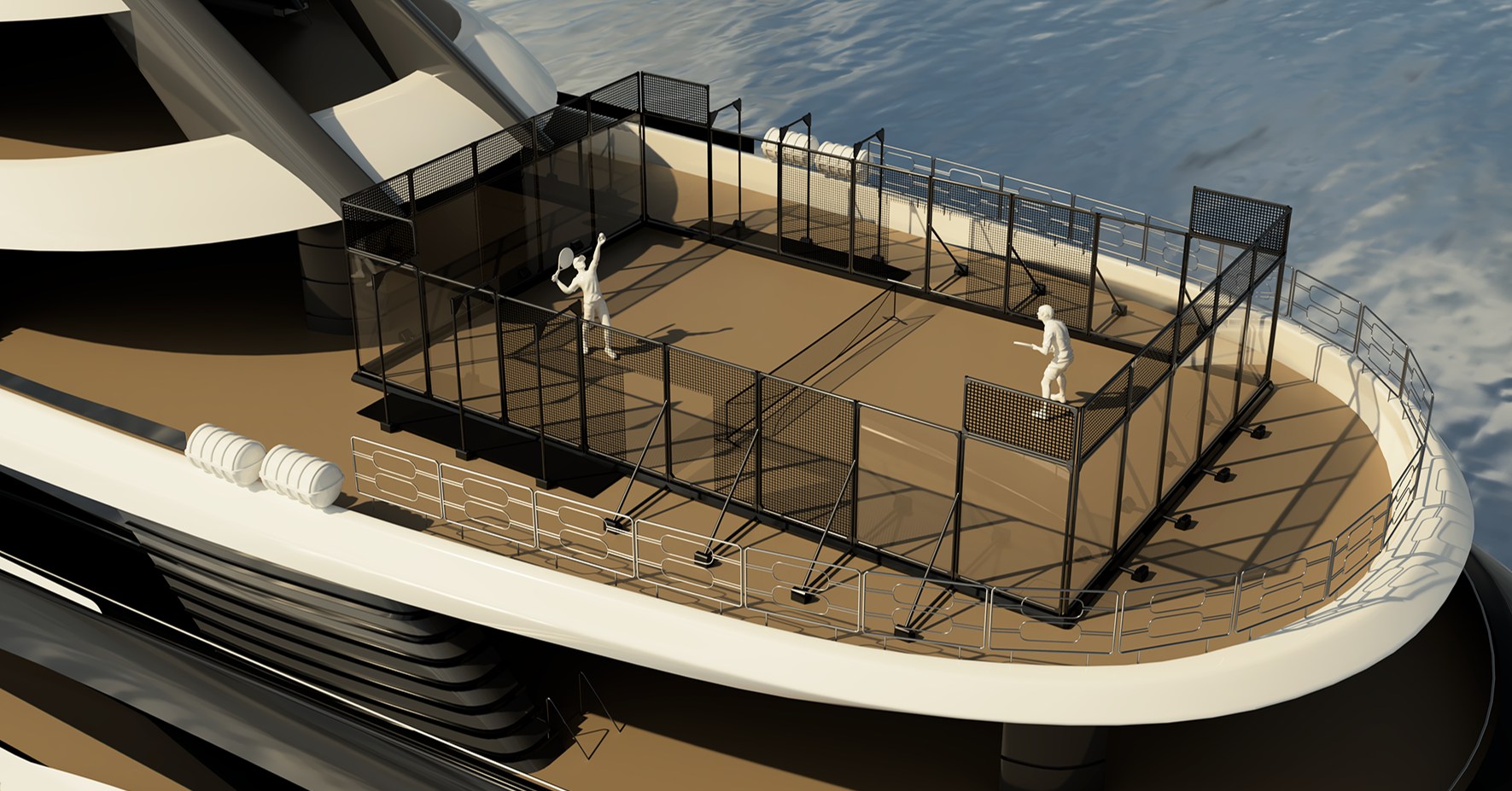 Play at padel on his yacht? Possible for €233.000!
Play at padel on his yacht? Possible for €233.000!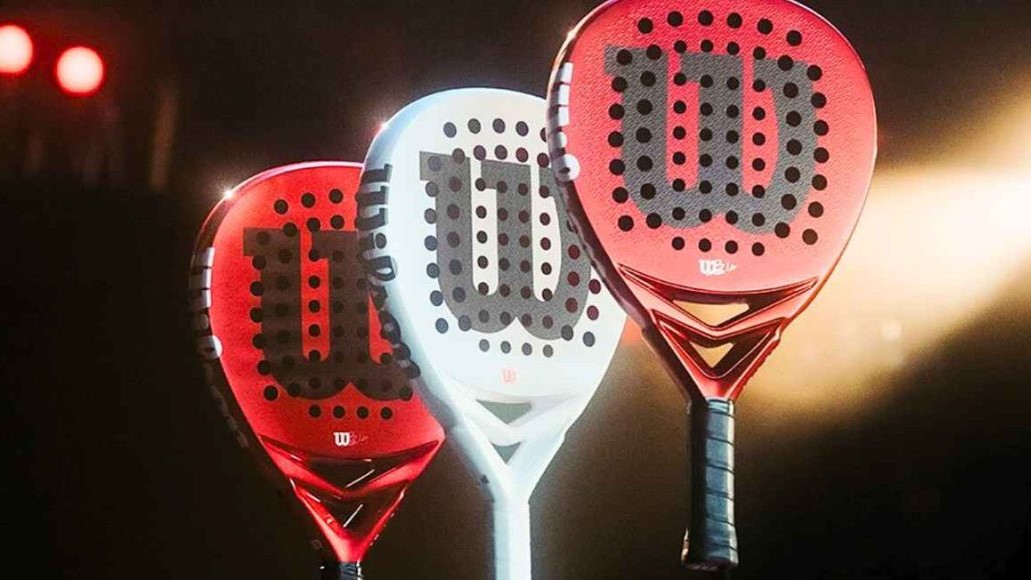 Presentation of the Wilson Bela V2.5 collection
Presentation of the Wilson Bela V2.5 collection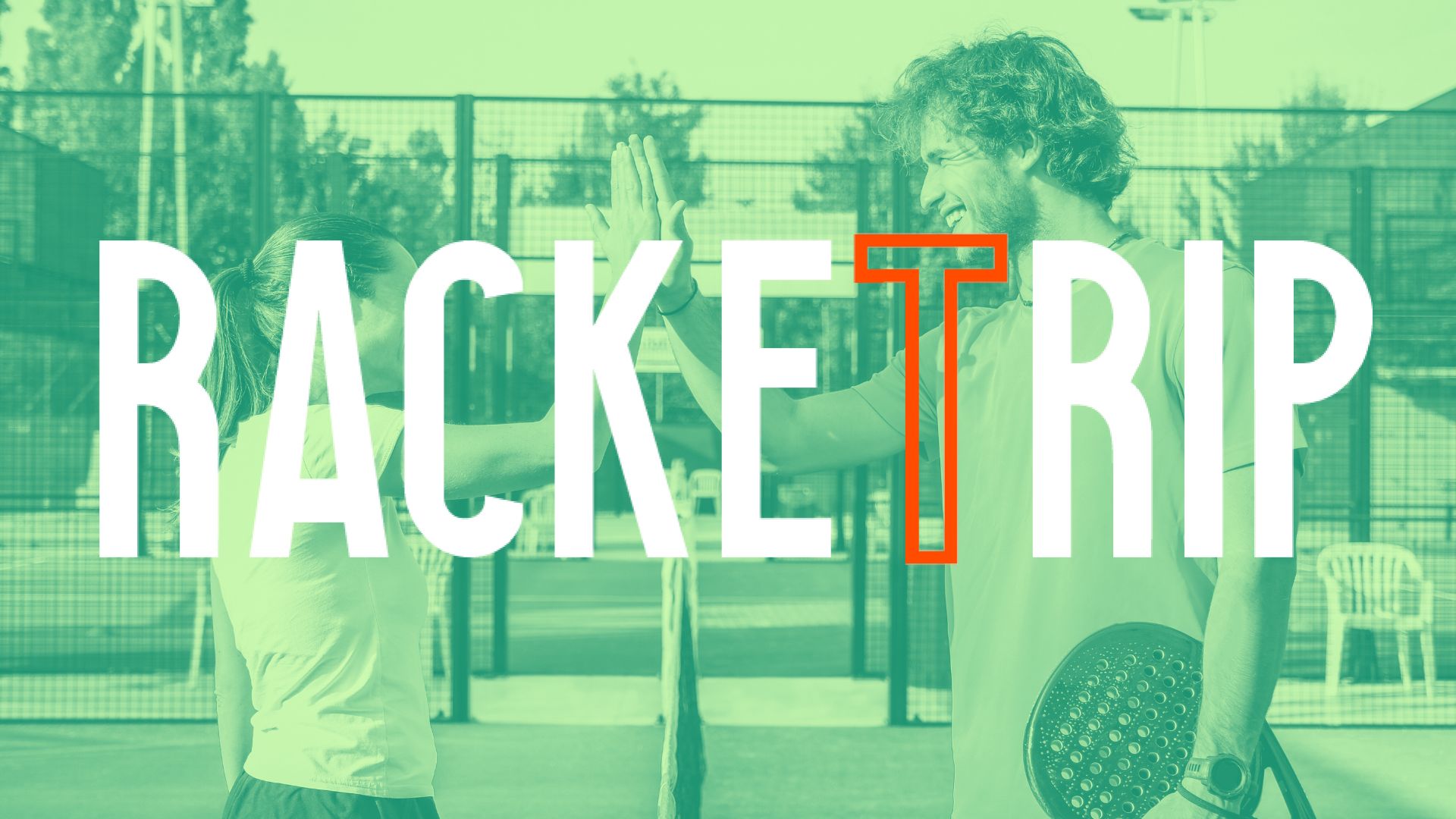 The LinkedIn of racquet sports: Racket Trip
The LinkedIn of racquet sports: Racket Trip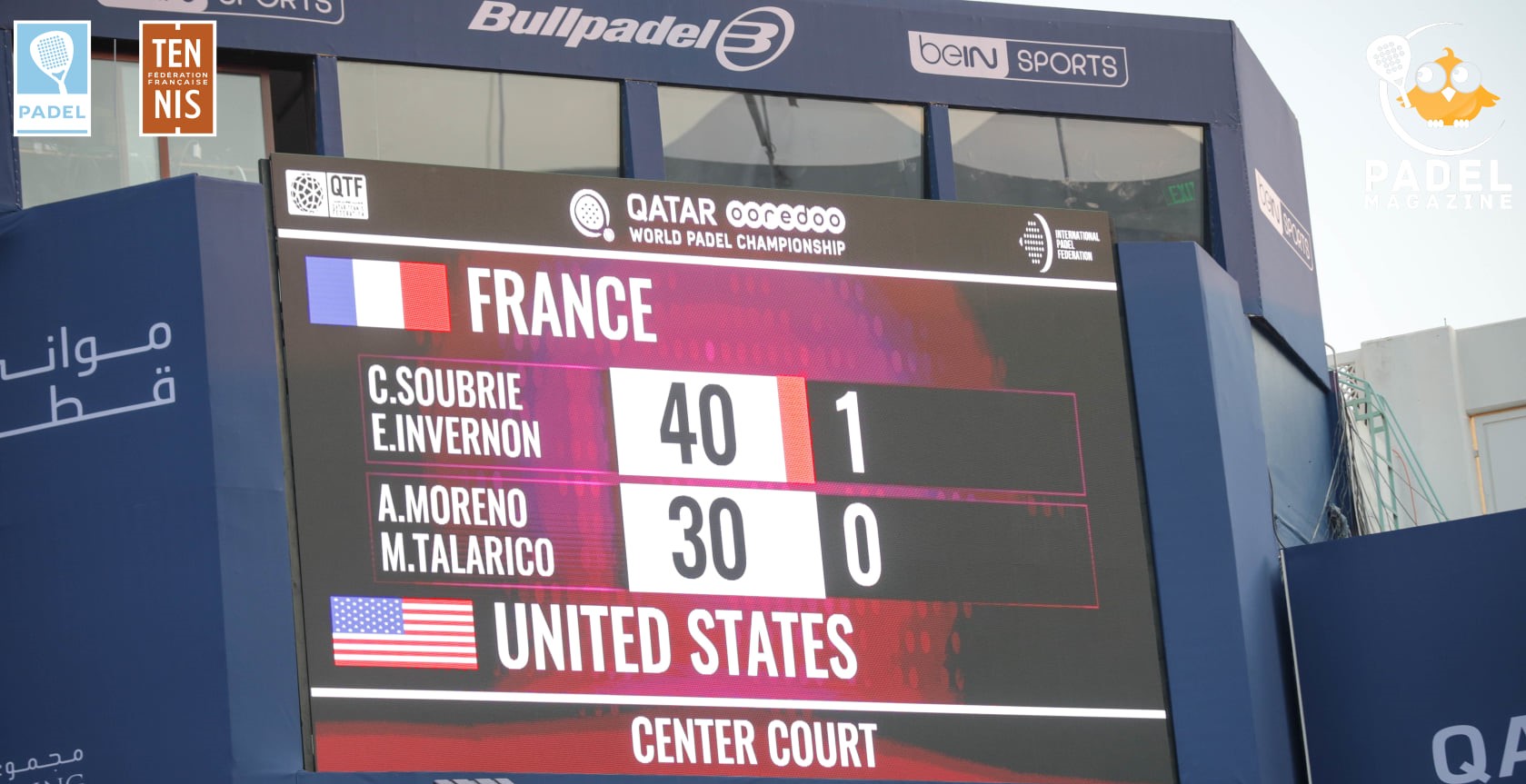 The score at padel : manual
The score at padel : manual Our Top 10 training courses padel in France and Europe
Our Top 10 training courses padel in France and Europe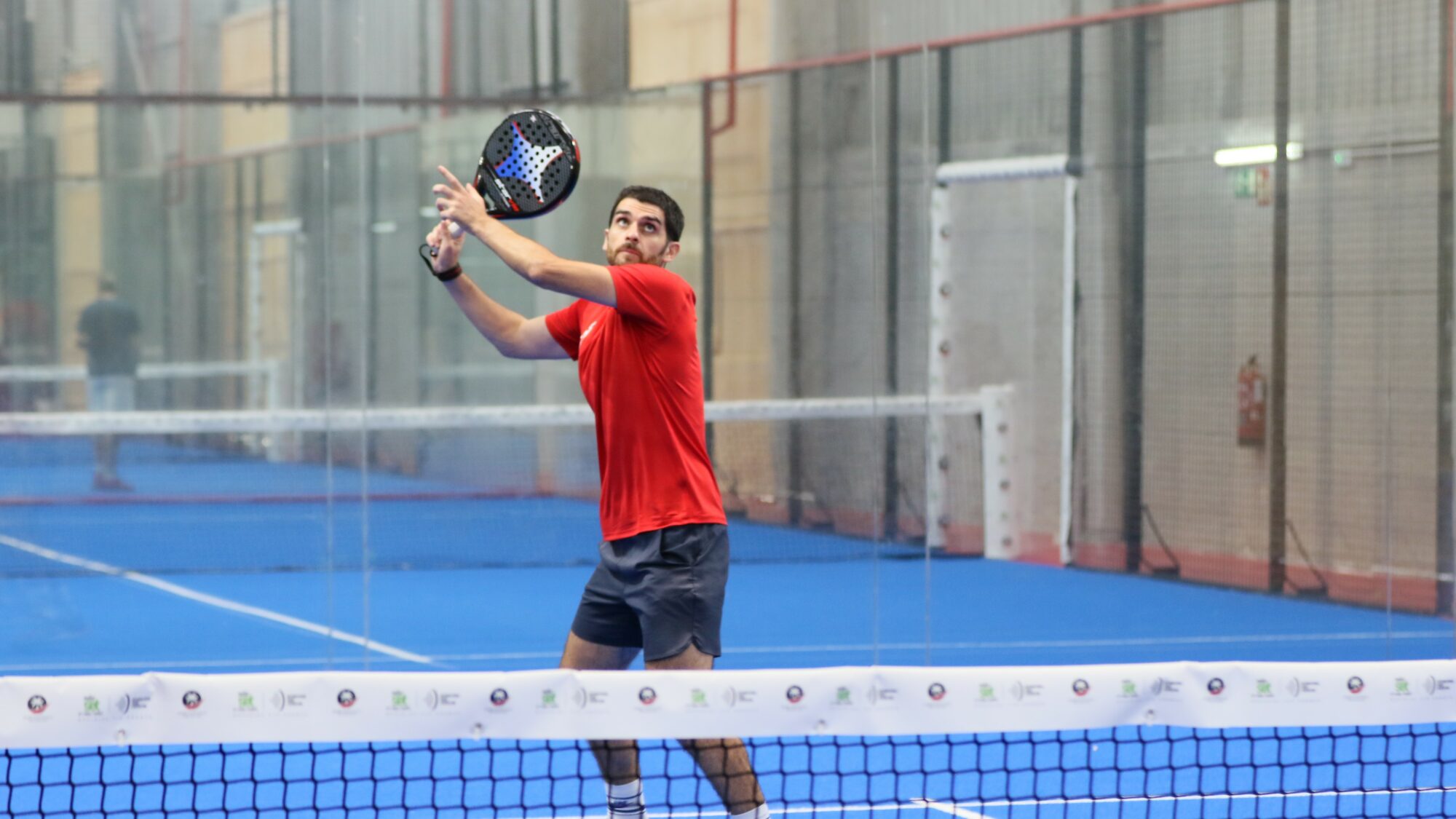 At the heart of padel – Episode 25: Paul and Andoni answer your questions
At the heart of padel – Episode 25: Paul and Andoni answer your questions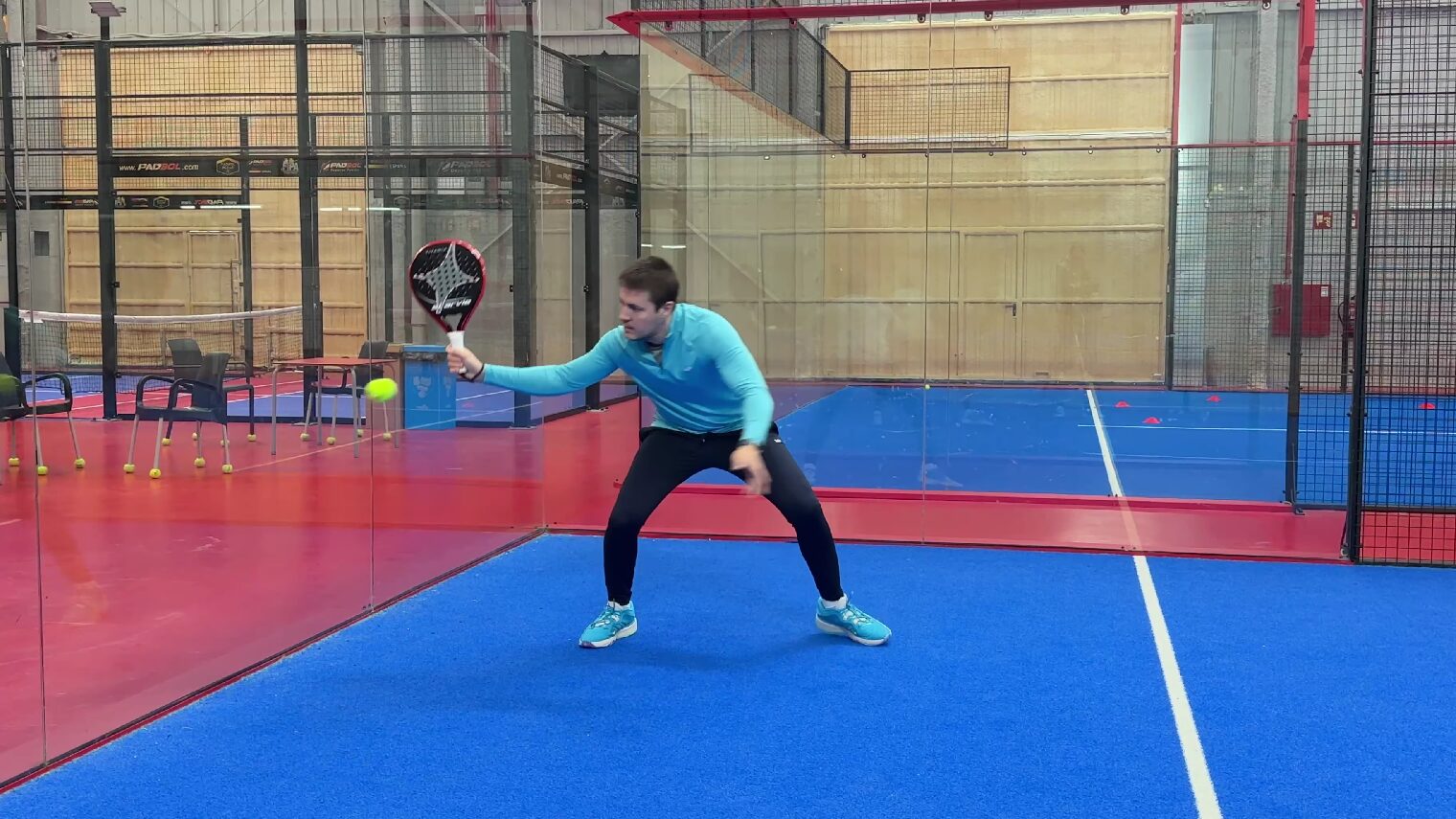 At the heart of padel – Episode 23: defend the window well
At the heart of padel – Episode 23: defend the window well Prohibition on playing topless Padel : the reasons
Prohibition on playing topless Padel : the reasons FIP Tour – Going far from Europe, THE strategy to earn points!
FIP Tour – Going far from Europe, THE strategy to earn points! What is a good football player? padel ?
What is a good football player? padel ? “Lefties give me headaches when I play against them!”
“Lefties give me headaches when I play against them!”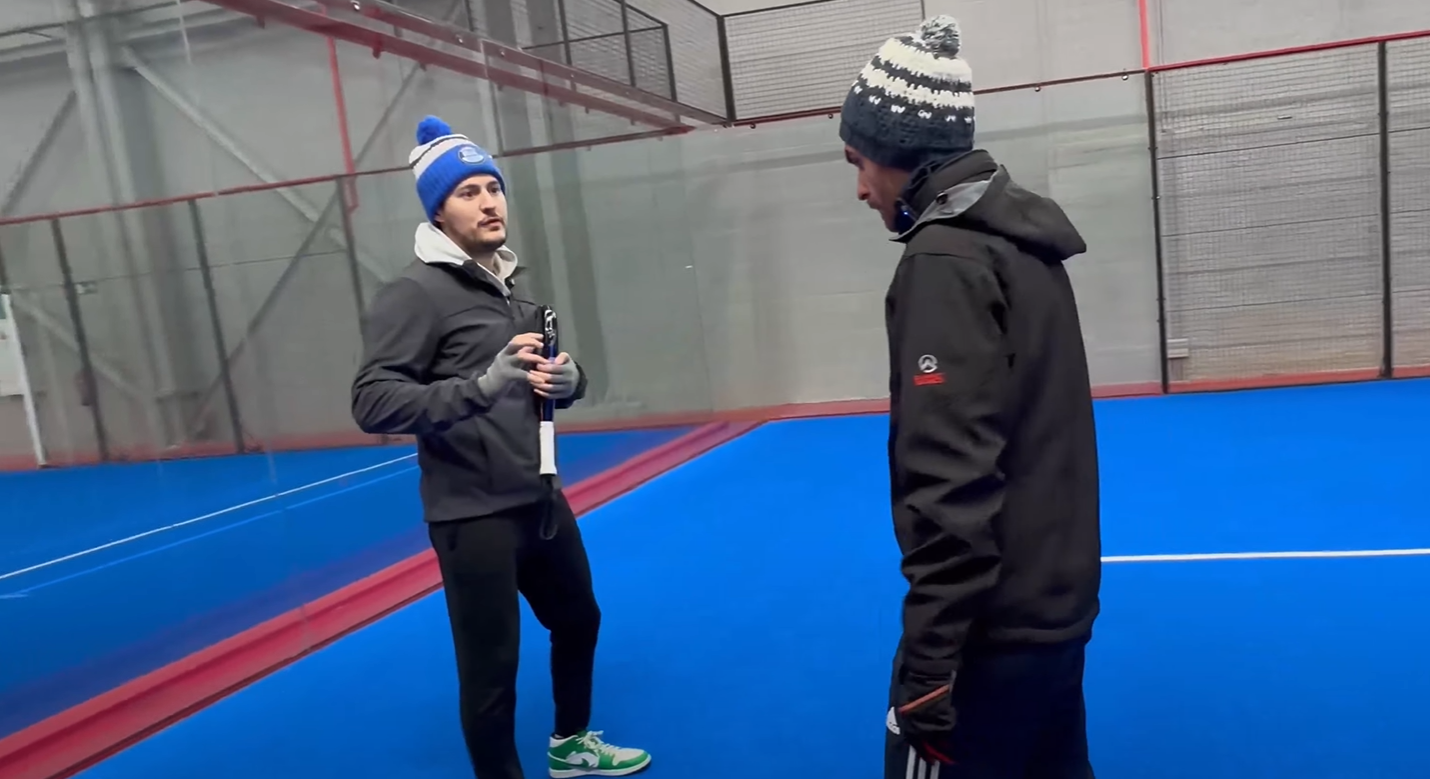 At the heart of padel – Episode 14: how to earn points in winter?
At the heart of padel – Episode 14: how to earn points in winter?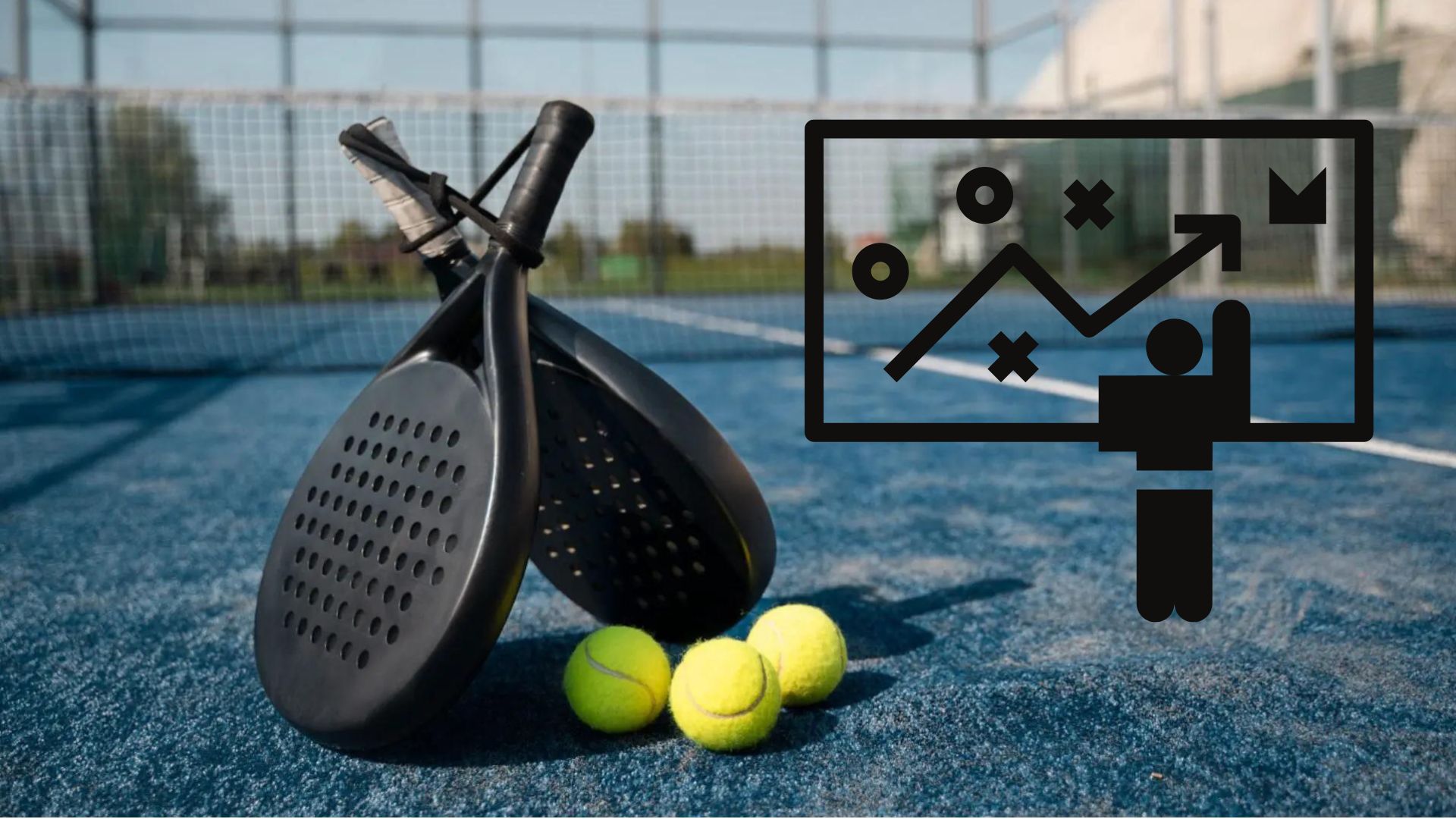 The basic tactics of padel
The basic tactics of padel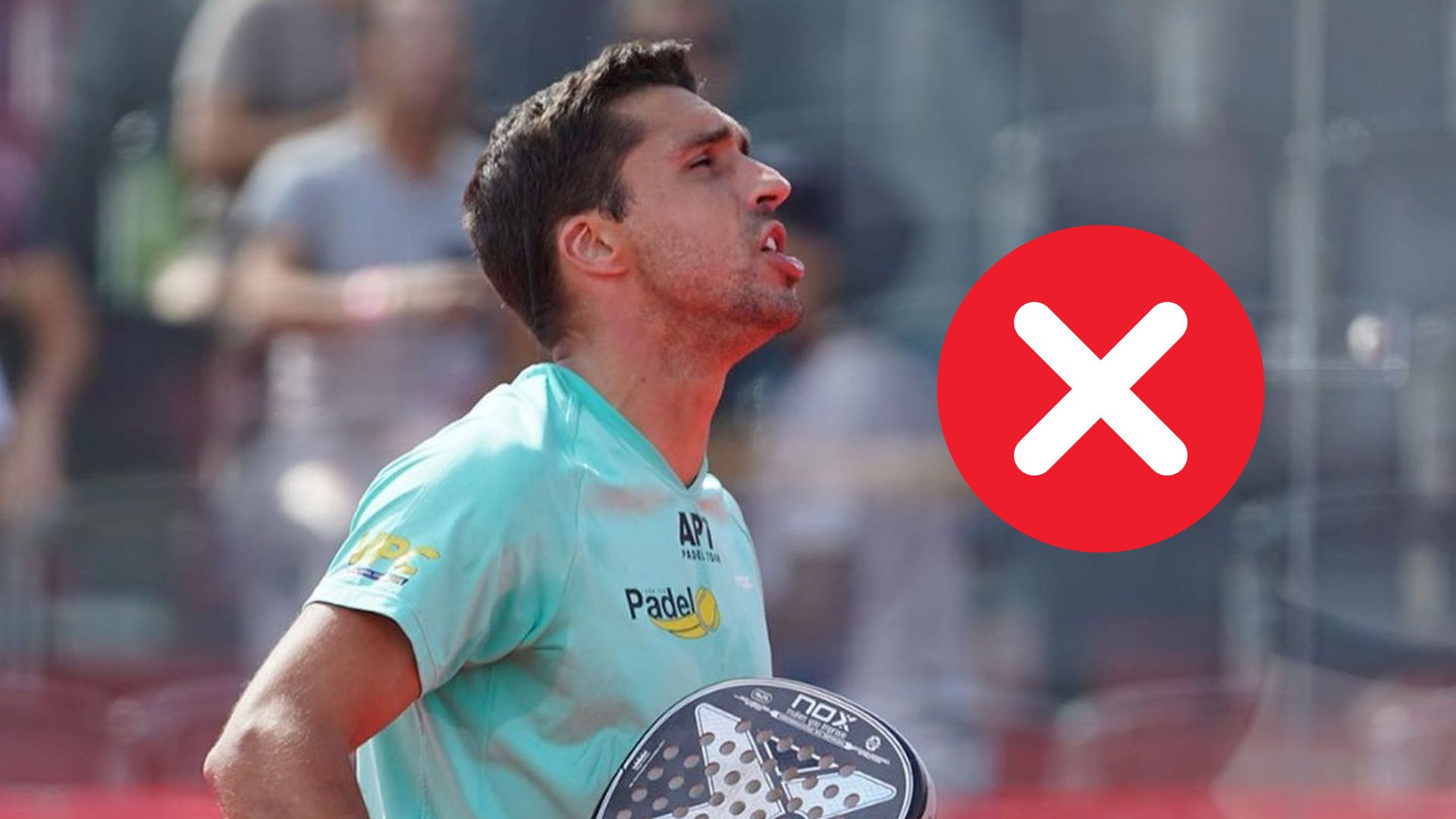 A par 4 is always a winner...even if you manage to defend it!
A par 4 is always a winner...even if you manage to defend it!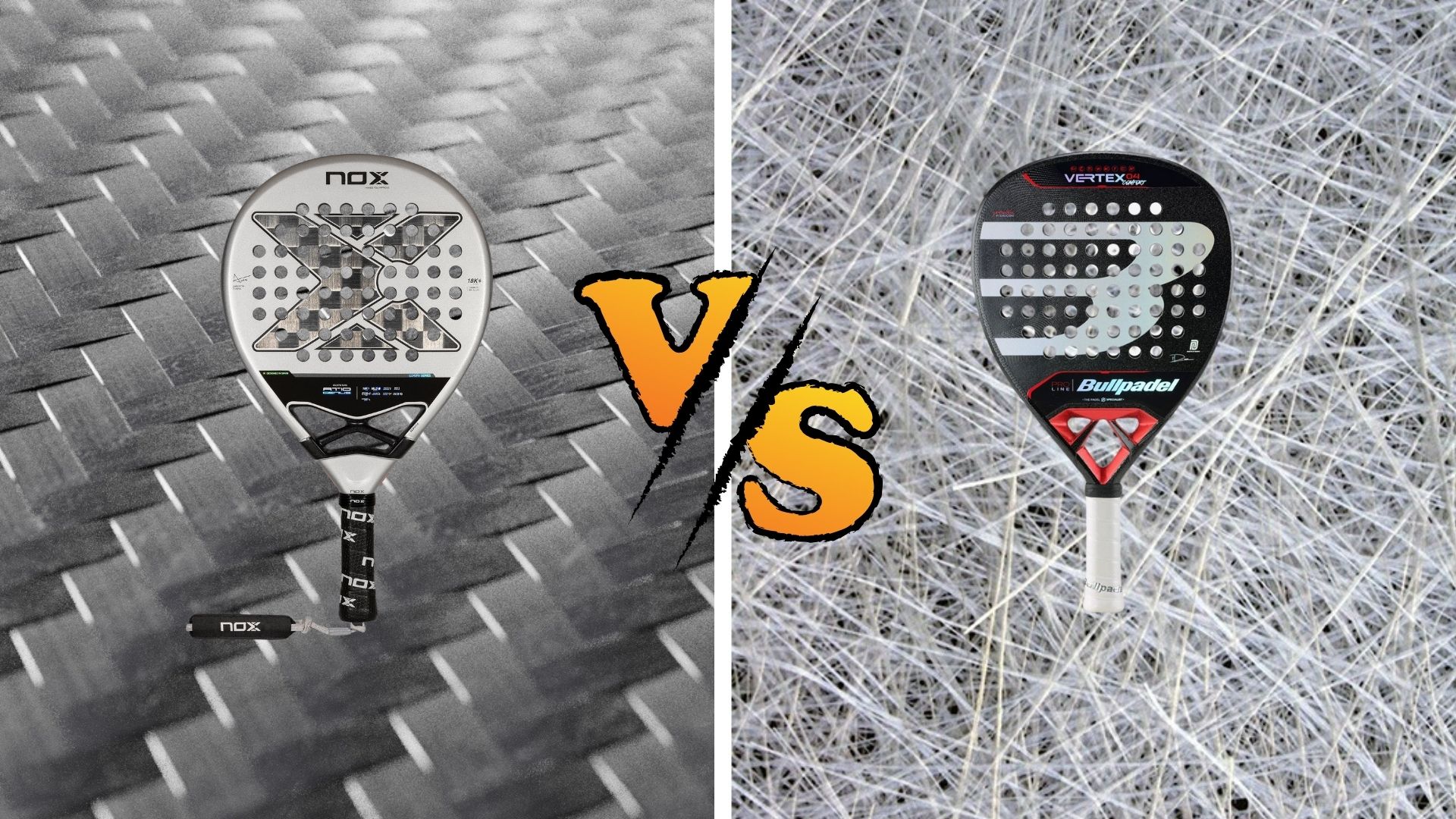 Carbon fiber VS fiberglass: what to choose?
Carbon fiber VS fiberglass: what to choose?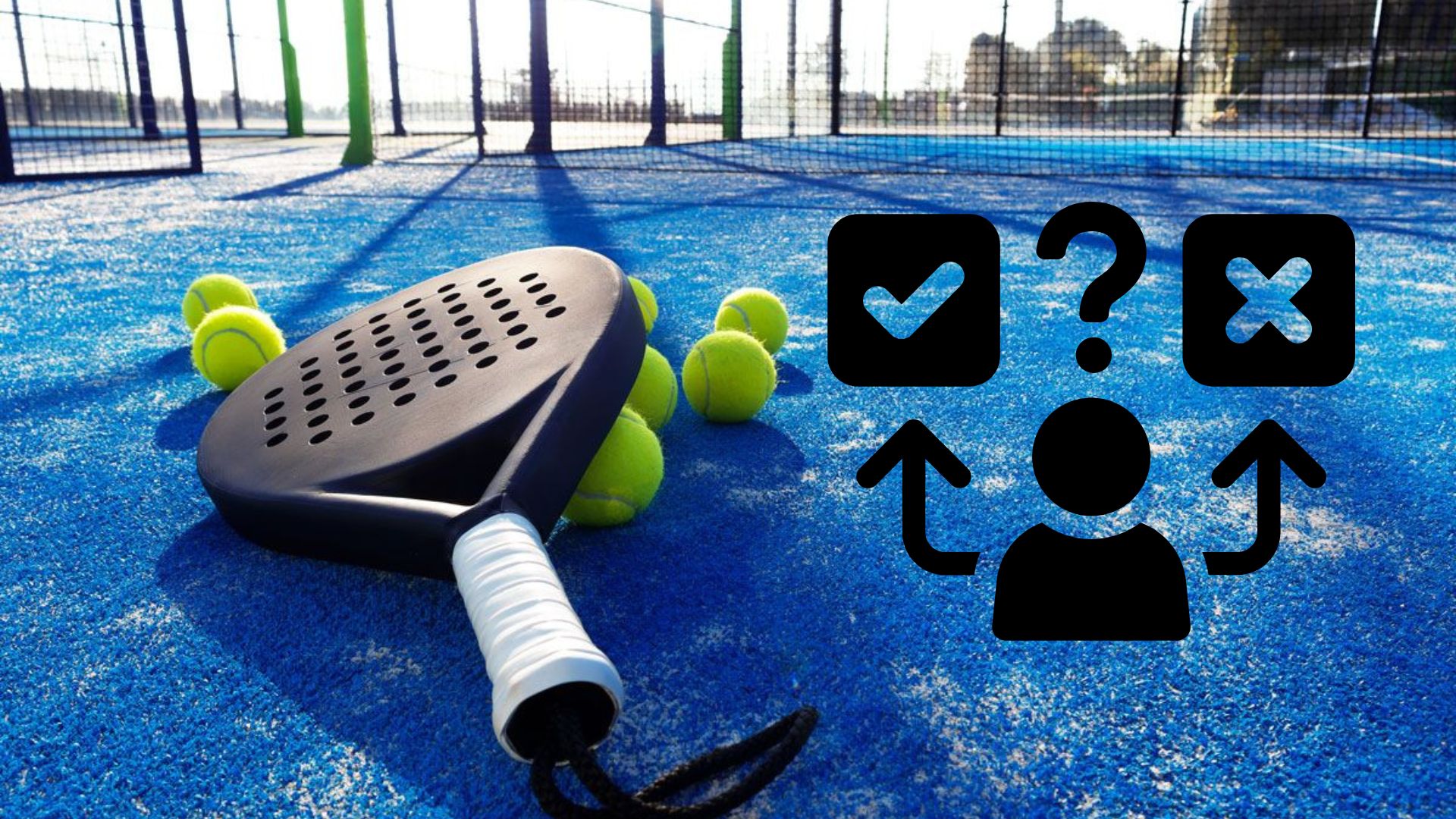 How to effectively test a racket padel ?
How to effectively test a racket padel ?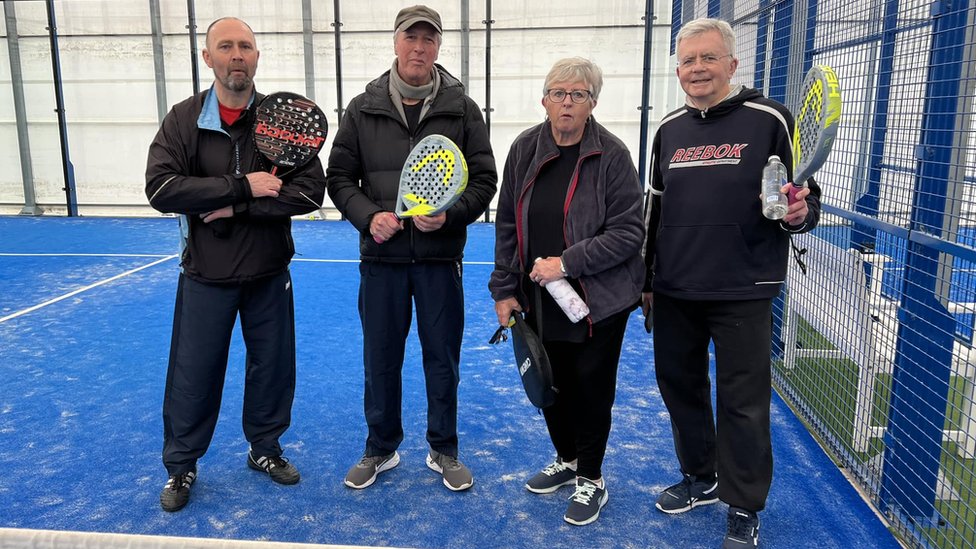 La padel to fight Parkinson's disease
La padel to fight Parkinson's disease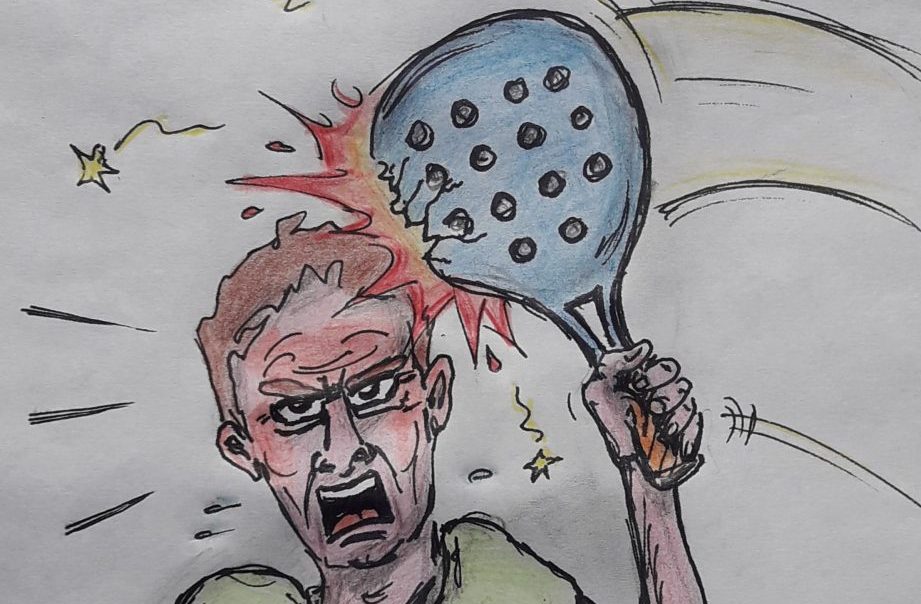 Don't play with a cracked or broken racket, your body will thank you!
Don't play with a cracked or broken racket, your body will thank you! Michel Cymes: “The padel, physically, it’s serious!”
Michel Cymes: “The padel, physically, it’s serious!”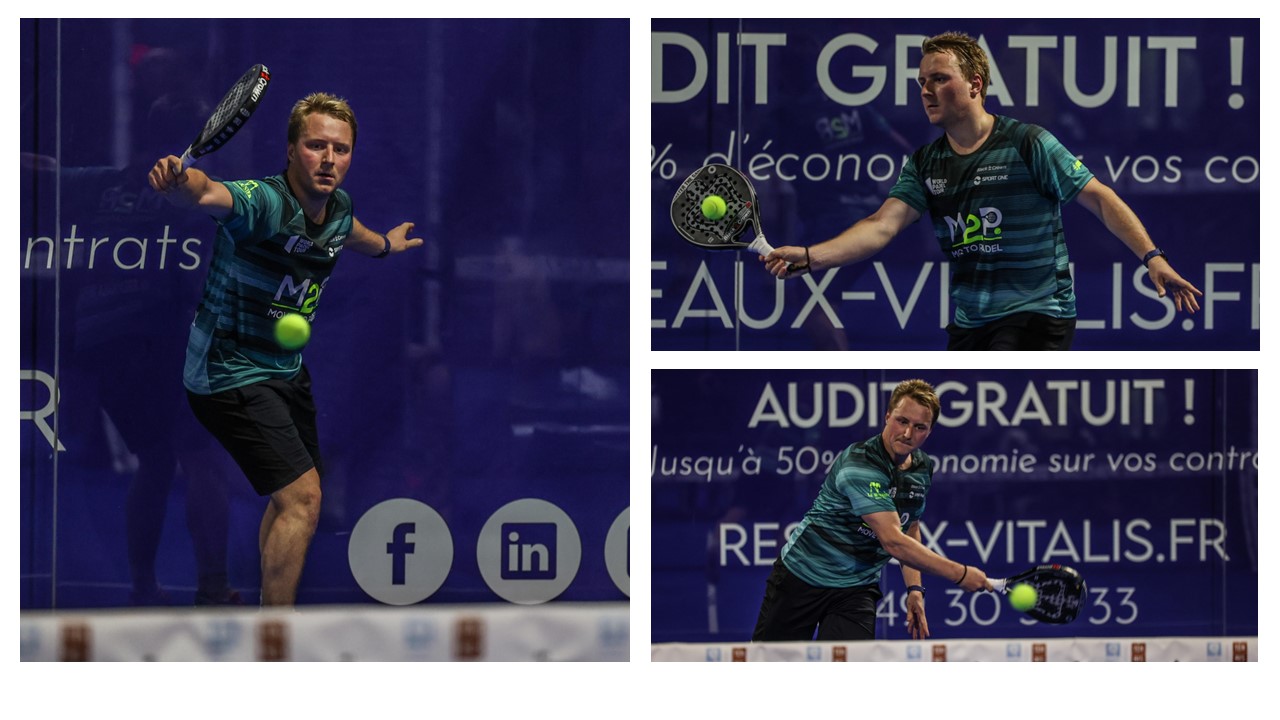 Jeremy Gala: “Promote the padel among young people in Belgium remains a challenge”
Jeremy Gala: “Promote the padel among young people in Belgium remains a challenge” The French Touch Academy organizes its selection day Padel-Study
The French Touch Academy organizes its selection day Padel-Study Report on the detection and training of younger generations
Report on the detection and training of younger generations